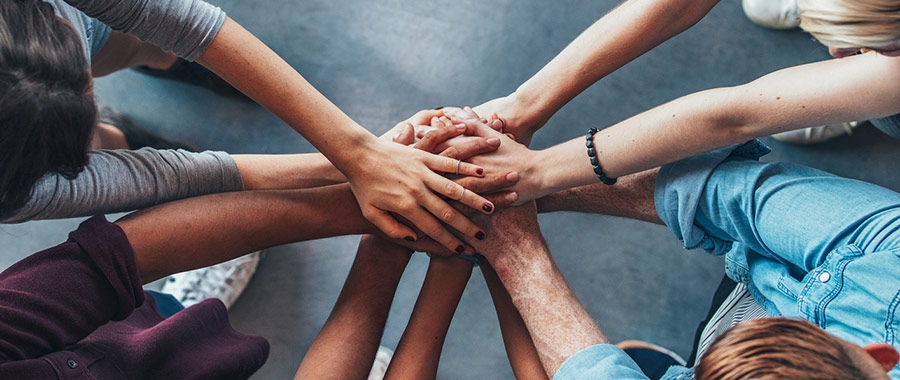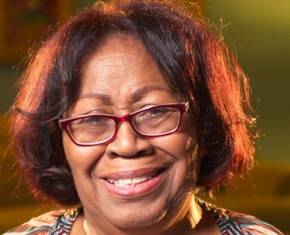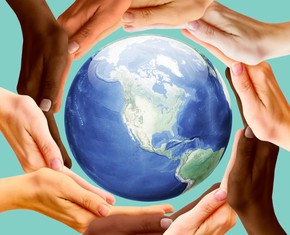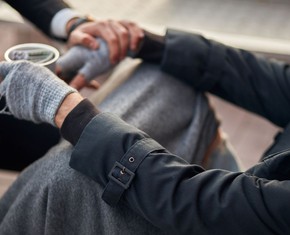The views expressed in our content reflect individual perspectives and do not represent the authoritative views of the Baha'i Faith.
Modern racism, in its hundreds of years of existence, has always encountered resistance, coming primarily from those it directly subordinated.
But here and there, that resistance has also come from some of those who stood to benefit from racism; however feeble or sporadic their efforts may have been. In one form or another, the struggle to unravel white supremacy has always been a multi-racial endeavor, and its most pivotal successes have always involved dismantling the power to oppress that has long been embedded in society’s institutions. Dismantling racism means that white people—those for whom such power has always been reserved—must play a substantial role in the decades to come. The road behind us all is long, and the road ahead is itself considerable.
For these reasons, society will need to rely on the rising generation of young people who will one day hold positions of authority in business, government, education, law enforcement, the media, and other institutions of society that have long been implicated in systemic racism.
As the first part in this series of articles discussed, children today are not free of racial bias. Like a virus that insinuates itself deep into the body, racial bias is an infection that is not obvious to the bearer and can have a lifelong impact on a person’s thought and behavior. The symptoms can be treated, but the condition is difficult to entirely cure. In order to be effective agents of racial justice, white people must learn how to control and minimize the racist tendencies inculcated in them by the wider society. They need to examine their assumptions and make space within themselves for reason and reflection based on sound knowledge rather than deep-seated emotional responses learned in pre-rational childhood conditions.
Because it is so rare for a white person to be spontaneously, effortlessly, and entirely unbiased, it makes sense to turn our attention to the spiritual capacity within each of us to imbue our judgment and decision-making with justice and fair-mindedness. On this theme Baha’u’llah, the prophet-founder of the Baha’i Faith has written:
And if thine eyes be turned towards justice, choose thou for thy neighbor that which thou choosest for thyself. – Baha’u’llah, Tablets of Baha’u’llah, p. 64.
Decide justly between men, O kings, and be ye the emblems of justice amongst them. This, if ye judge fairly, is the thing that behoveth you, and beseemeth your station. –Baha’u’llah, The Summons of the Lord of Hosts, p. 189.
Blessed is he that entereth the Assembly for the sake of God, and judgeth between men with pure justice. He, indeed, is of the blissful. – Ibid., p. 90.
The strong association in the Baha’i teachings between justice and acts of judgment and decision-making is well adapted to the struggle for racial justice today. It implies that white people are neither automatically fair-minded nor irredeemably predisposed toward injustice because of their upbringing. It is suited to the moral requirements of a community trying to become different from how it has long been.
Today, millions of white people are horrified by the reminders that racism is still alive, but don’t know what they personally can do about it. If you’re one of those people, you can find out what’s happening in your community to address racism, and figure out what you have to offer. But don’t think that demonstrations, petitions, boycotts, etc. are the only thing you can do. “White power”—if you will permit my use of the term—is widely distributed throughout the social structure of many societies and cultures. If you’re a police chief or a school superintendent, it should be clear that you’re capable in many ways of helping to dismantle the power to oppress. But you’re probably not one of those. For everyone else there are other ways.
Millions of people who otherwise feel quite powerless have opportunities to oppose racism and injustice, too. Many of us have jobs where we interact with coworkers, customers, and clients from a diversity of backgrounds. How we use the tiny power delegated to us in our positions can combine with the tiny power lots of other people have. Together, it all adds up.
Each one of us, for example, is capable of calling the police. Countless lives have been harmed, even destroyed, after someone has let their fear and imagination run wild and then brought the police into an otherwise crime-free situation, escalating it and causing lasting damage and pain.
Another thing we can do is speak up. We can make it clear to people, explicitly and implicitly, that we think racial bias and structural injustice are problems that deserve our attention. When we don’t say anything, other white people can take this to mean that we don’t think concern about racism is justified.
In short, we can all use our heads and do the right thing. The power we have in our day-to-day life can be used to maintain how things are now—or it can be used to transform social situations in meaningful ways. When our power of judgment manifests the qualities of justice and fair-mindedness, we begin to build the kind of society we all want and need.
You May Also Like
Comments

















"These fruitless strifes, these ruinous wars shall pass away and the Most Great Peace shall come."